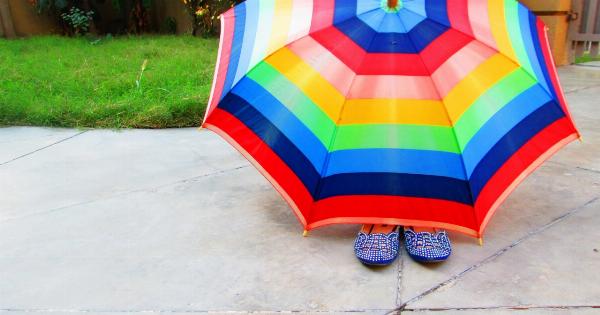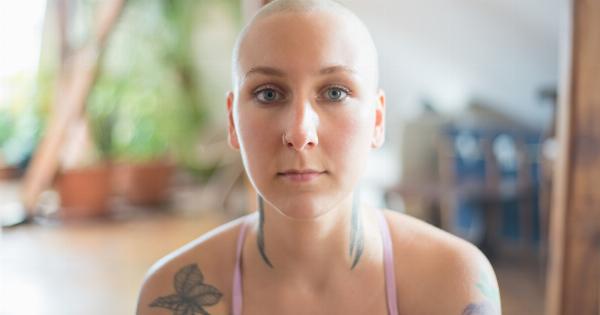Exposure to solar radiation can have harmful effects on our skin, ranging from sunburn to premature aging and even increasing the risk of skin cancer.
It’s crucial to take precautions and protect our skin from the harmful ultraviolet (UV) rays of the sun. Here are eight simple tips to prevent skin damage from solar radiation:.
1. Wear Sunscreen Every Day
One of the most important ways to protect your skin from solar radiation is to wear sunscreen every day, regardless of the weather conditions. Choose a broad-spectrum sunscreen with an SPF (Sun Protection Factor) of 30 or higher.
Apply it generously to all exposed areas of your body at least 15 minutes before going outside, and reapply every two hours or more frequently if sweating or swimming.
2. Seek Shade During Peak Hours
The sun’s rays are strongest between 10 am and 4 pm, so it’s wise to seek shade during these peak hours. Find shelter under a tree, an umbrella, or a sunshade.
By reducing your exposure to direct sunlight during these hours, you can significantly lower the risk of skin damage.
3. Wear Protective Clothing
When spending time outdoors, cover up as much as possible to shield your skin from solar radiation. Wear long-sleeved shirts, long pants or skirts, and wide-brimmed hats that shade your face, neck, and ears.
Opt for lightweight and breathable fabrics that provide adequate UV protection.
4. Wear Sunglasses
Your eyes are also susceptible to damage from solar radiation, so don’t forget to wear sunglasses that offer 100% UV protection. Look for sunglasses labeled with UV 400 or 100% UV protection to ensure they block both UVA and UVB rays.
Protecting your eyes can help prevent cataracts and other eye conditions caused by prolonged exposure to the sun’s rays.
5. Stay Hydrated
Drinking plenty of water is essential for overall skin health. When your body is hydrated, your skin can better defend itself against sun damage. Dehydrated skin is more prone to dryness, sunburn, and premature aging.
Keep a water bottle handy and aim to drink at least eight glasses of water per day, especially when spending time outdoors.
6. Be Mindful of Reflective Surfaces
Water, sand, snow, and other reflective surfaces can intensify the effects of solar radiation on your skin. The reflection of the sun’s rays can increase your UV exposure even if you are in the shade.
Take extra precautions when near these surfaces by applying sunscreen more frequently and wearing protective clothing to minimize skin damage.
7. Avoid Tanning Beds
Tanning beds emit UV radiation, which can be just as harmful as the sun’s rays. Avoid using tanning beds entirely, as they significantly increase the risk of skin cancer and accelerate skin aging.
Embrace your natural skin tone and consider using self-tanning products if you desire a sun-kissed glow.
8. Perform Regular Skin Checks
Lastly, it’s essential to perform regular skin checks to monitor any changes or abnormalities in your skin. Look out for any new moles, changes in size or color of existing moles, or any skin lesions that do not heal.
If you notice anything unusual, consult a dermatologist promptly. Early detection of skin conditions can greatly improve treatment outcomes.



























